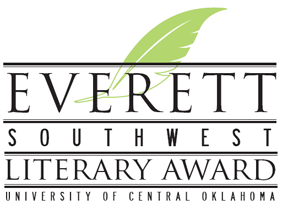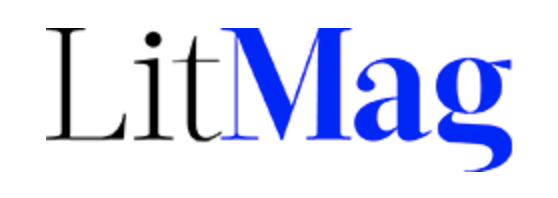Submissions Open for the Everett Southwest Literary Award
Submissions are still open for the 2023 Everett Southwest Literary Award, hosted by the University of Central Oklahoma Department of English! Offered biennially, the winner of this prize will receive $5,000 for an unpublished short story manuscript. The second-place and third-place winners will receive $3,000 and $1,000, respectively. All three writers will be invited to give a reading at the University of Central Oklahoma during their spring 2023 semester, public health guidelines allowing. Writers residing in or writing about Oklahoma, New Mexico, or Texas are eligible.
Submit a PDF of a short story collection between 140 to 250 pages, a cover letter including a bio and contact information, and a complete list of publishing credits via e-mail with a $25 entry fee (to be mailed separately) by December 5. Guggenheim fellow and National Book Award finalist Brandon Hobson will judge. Visit the website for complete guidelines.
With beginnings in 2006, this award honors the late Dr. Mark Allen Everett, an Oklahoma-based supporter of the arts and distinguished medical professional, through a donation from the Everett Family Foundation Fund. Previous judges of this competition include Sandra Cisneros, Allison Hedge Coke, and Brian Turner. Kelli Jo Ford had her debut novel-in-stories, Crooked Hallelujah, published by Grove Press a year after winning this award in 2019. The winners of the current submission period will be announced in spring 2023. With beginnings in 2006, this award honors the late Dr. Mark Allen Everett, an Oklahoma-based supporter of the arts and distinguished medical professional, through a donation from the Everett Family Foundation Fund. Previous judges of this competition include Sandra Cisneros, Allison Hedge Coke, and Brian Turner. Kelli Jo Ford had her debut novel-in-stories, Crooked Hallelujah, published by Grove Press a year after winning this award in 2019. The winners of the current submission period will be announced in spring 2023.






